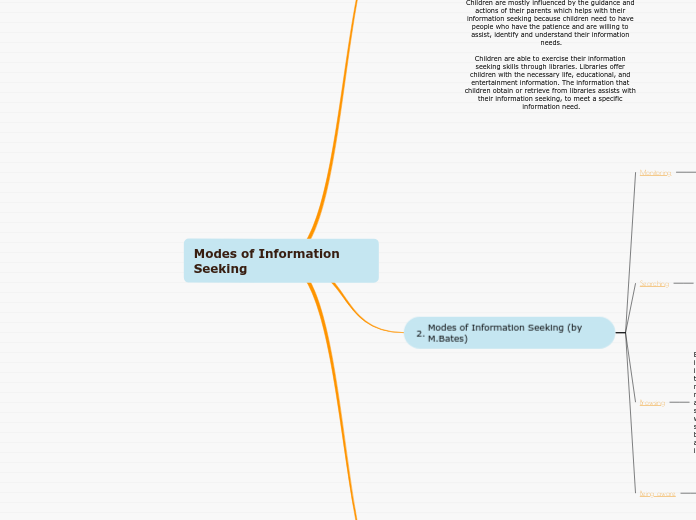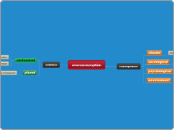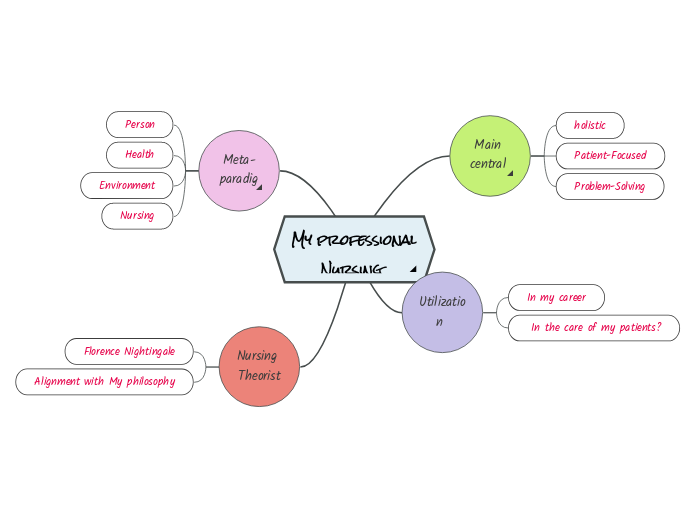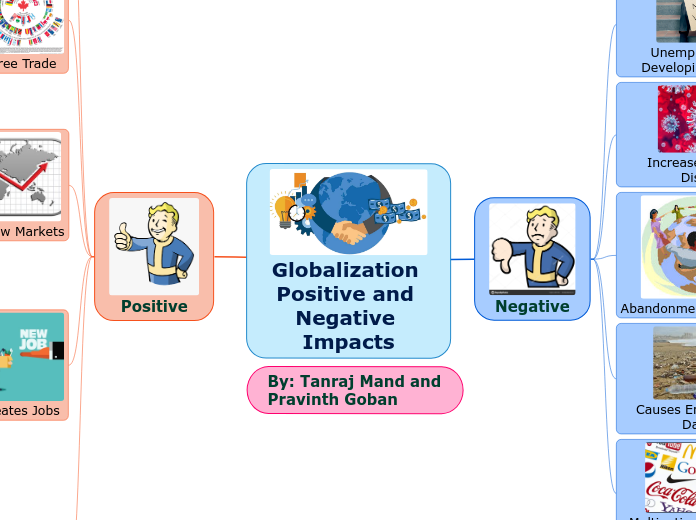Modes of Information Seeking
What's your essay about?
Type in the title of your essay.
Link to Wilson’s environmental, social and personal contexts
Work on the structure of your essay.
In question 2 we discussed the modes of information seeking namely searching, monitoring, browsing and being aware. Wilson talks about how we seek for information in different contexts. Your context will determine what mode of seeking you will use. For example, a shop owner has a problem with pests. He will not browse for information online in the hopes of finding something. He will be searching for information which is active and directed according to the modes of information seeking. Factors that played a role in him choosing that specific seeking mode is personal, social and environment. This is his context. His environment being his shop where customers buy products. Him not wanting people thinking badly of his shop is personal and social can be what will customers say when they see rats running around in the shop. This creates a bad image for his business. Thus Wilsons context will always have an impact on what mode of seeking we choose to use.
Create a catchy introductory paragraph.
Take into consideration the interests of your audience.
Modes of Information Seeking (by M.Bates)
Analyze another essay written on this topic
Find at least one example and see whether it is well written or not.
Being aware
Being aware is an undirected and passive way of information seeking and is where we discover information that we did not realise that we needed. This plays a major role in all that we know and learnt. According to Bates, 80% of everything we know and have learnt is because we were aware of the information.
Browsing
Browsing is an undirected and active way of information seeking. When browsing there is not an interest to find information however individuals try to subject themselves to new information that they may have needed. For example, when going to a restaurant that you may have never gone to before and you start looking through the menu for something you may enjoy. You are then interacting with information indirectly in an active way. Factors such as curiosity plays a role in our browsing behaviour. It has led to many new discoveries, such as food sources, however, can also be harmful to individuals.
Searching
Searching is a directed and active way of information seeking. This is where an individual makes a conscious effort to solve questions or establish some sort of understanding of the task at hand such as the question or topic area. Searching has become more complicated throughout human history. In the early stages of human existence, the majority of the information an individual needed came to them without making an effort to obtain it. Now, according to Bates, in the past 200 years information has become more advanced and complex with sophisticated access techniques that allow others to use the information. This is because of the variety and amounts of information available.
Author Claim
What claims do(es) the author(s) make?
Type them in.
Monitoring
Type in the title and the author(s)
of the essay which you're going to analyze.
Monitoring is a directed and passive way of information seeking and is where we try to stay alert for any information that may be of interest to us or provide a solution to a query that we may have. In monitoring, a feeling to participate actively to gather information is not present however individuals try to receive information as it comes across them. For example, when socialising with others with similar interests, such as students, information that you may have needed, such as test dates, can be distributed during the interaction.









